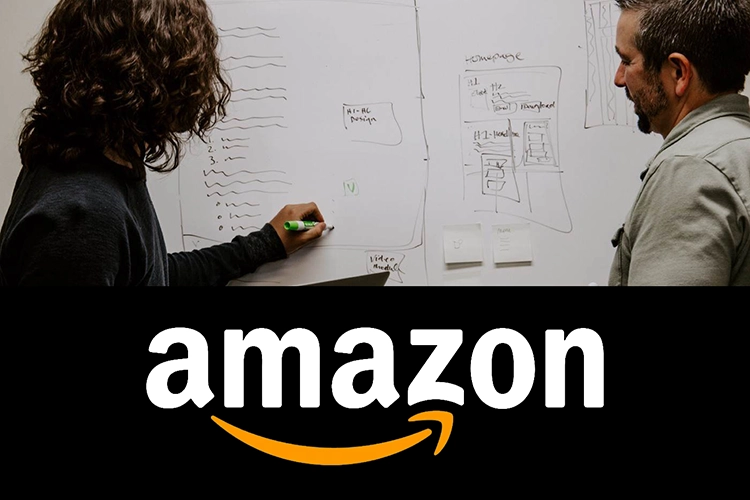
Latest Amazon Interview Questions
Amazon Interview FAQs
What types of engineer jobs are available at Amazon?
Amazon has a wide variety of engineer positions covering Software Development Engineer (SDE), Front-End Engineer, Back-End Engineer, Full-Stack Engineer, Data Engineer, Machine Learning Engineer, Test Development Engineer (TDE), DevOps Engineer, Network Engineer, and more. Specific positions will focus on different teams and product lines.
What skills does Amazon look for most in SDE candidates?
In addition to a solid foundation in data structures and algorithms, Amazon values candidates' system design skills, problem solving skills, critical thinking, and Ownership principles. Proficiency in at least one major programming language (e.g. Java, Python, C++, Go) is also a must.
What is the interview process usually like at Amazon?
The interview process at Amazon usually consists of several stages:
Resume Screening: Based on your resume and experience, see if you meet the requirements of the position.
Online Written Exam: It usually contains algorithmic questions and a few behavioral questions.
Phone interview (or video interview): 1-2 rounds, focusing on algorithmic and programming skills.
On-site interviews (or virtual on-site interviews): Typically 4-5 rounds of 45-60 minutes each, looking at algorithms, system design, behavioral interviews (based on Amazon leadership principles), etc.
What are Amazon's "Leadership Principles"?
Amazon has 16 core leadership principles, such as "Customer First," "Ownership," "Action," and "Aim High. "The interviewer will be able to see how the interviewer is going to work through the interviews. In an interview, the interviewer will assess whether you have these principles through behavioral questions (e.g., "Please give me an example of how you ......?"). to assess whether you have these principles. You need to talk about your experiences in the context of the STAR rule (Situation-Task-Action-Result) and emphasize how you exemplify these principles.
What is the promotion path for SDEs at Amazon?
The typical promotion path for an Amazon SDE is SDE I -> SDE II -> Senior SDE -> Principal SDE -> Senior Principal SDE -> Distinguished Engineer.The rate of promotion depends on individual performance, project contribution and team needs.
Are engineers at Amazon hard at work?
Amazon is known for its "rapid iteration" and "high standards," which means that work is relatively intense. However, this varies from team to team and project to project, and some teams may require more frequent overtime, while others are more balanced. It's important that you understand the team's work pace and culture during the interview to see if it meets your expectations.
How does working at Amazon help with personal growth?
Amazon offers tons of opportunities to learn and grow. You'll have access to a world-class technology stack, work with massive amounts of data and highly concurrent systems, and collaborate with top engineers. There are also extensive training resources and professional development programs within the company.
As a non-U.S. citizen, is there a chance of visa sponsorship for working at Amazon?
Amazon typically offers visa sponsorship (e.g. H-1B visa) to eligible international candidates to support their work at Amazon. However, specific policies are subject to change and it is recommended to check with the recruiting team at the time of application.

